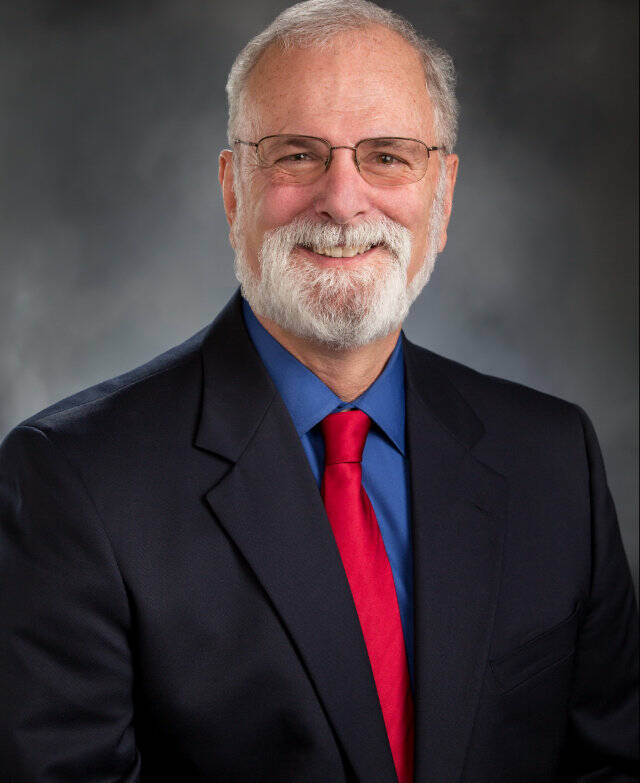Sen. Phil Fortunato is running to be Washington’s next election chief.
The District 31 delegate announced his candidacy for Secretary of State on April 8, and has laid out a platform about putting the state’s voting system to the test — but not always in the same ways other Republicans have recently criticized Washington’s election structure.
Beyond arguing that there needs to be balance among state positions so that one party doesn’t control every aspect of the government — “[The Democrats] have… every single state-wide office,” he said in a recent interview. “Who’s watching the hen house?” — he added that there needs to be as much scrutiny being given to the state’s registration system as its mail-in and ballot counting systems.
Fortunato said he doesn’t believe that there is mass voting fraud via duplicate ballots, but he’s concerned that the state hasn’t physically tested the registration system with agents specifically tasked with attempting to register improperly or illegally. He used own election loss nearly 25 years ago as an example of the impact such errors could potentially have on races.
“Eighty-one people voted twice in my election in 2000 election… I lost by 129 votes,” he said, adding that the issue was discovered after the results could be challenged.
Instances of double voting could not be confirmed by the Secretary of State.
“That election was 24 years and four secretaries of state ago, so finding any institutional record or memory of whether there were irregularities may be challenging,” SOS Deputy Director of External Affairs Derrick Nunnally said in an email interview. “There is no record in our elections archives of double voting from that election, but there is also no statutory requirement for a county to report suspected double voting to the Office of the Secretary of State, so this is hardly a definitive finding.”
Fortunato also said that same-day registration (which was implemented in 2019) might be vulnerable to various issues like people re-registering to vote under one address after having already submitted a ballot under another address. Fortunato added that, at least at this time, he would advocate to discontinue same-day registration.
Additionally, being automatically registered to vote when you get an ID might be causing issues, like non-citizens casting a vote but are unaware they’re not supposed to.
“Maybe there are concerns. Maybe not. I don’t know,” he said. “That’s why I want to test it.”
A proposed solution to these potential issues — or to just simplify Washington’s election system — is to make everyone’s unique voter registration number and their ID number one and the same.
He said this this is not a voter ID law, like how other states require you to have an ID in order to vote. Instead, if you register to vote and then get an ID, the numbers would be the same; and if you get an ID and then register, it’s the same story.
“That would solve a lot of problems, because now your voter registration number follows you,” Fortunato continued. One problem it would solve is if someone moves out of state — with the current system, the state is alerted that they got a new ID in the different state, but the state’s voter rolls don’t receive the same notification, he continued. “If my driver’s license followed me, it wouldn’t matter where I went.”
Nunnally said that voter rolls in Washington are compared against 24 other state’s voter rolls through the Electronic Registration Information Center system, and VoteWA.gov, the state’s centralized voter portal, “ensures people are not registered in/casting ballots in multiple jurisdictions. Once a voter’s submitted ballot is accepted, VoteWA updates the statewide voter record to show that voter has participated in the election already and can’t participate again.”
VoteWA is also able to track instances of double registration, he continued; “There are transactional, nightly, and monthly duplicate checks to identify potential in-state duplicate registrations. If a voter indicates an previous address outside Washington, the previous state is notified.”


